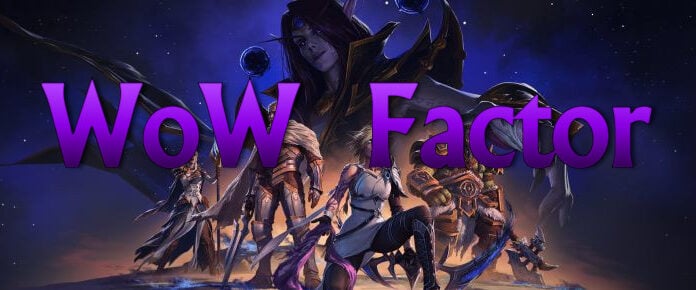
Massively OP reader Sally Bowls recently pointed us to a blog post by Dr Richard Bartle about the leveling mechanic in RPGs — and how it’s not really about the character at all. Bartle writes,
“In role-playing games, levels are not only a mechanic for driving forward gameplay. They are a reflection in the game world of something the game world has no access to: the player’s self-image. When people play a content-heavy game, they improve at it; the point of levels is to recognise this in the game world. It’s not that your character is improving, it’s that you are improving; the character is merely going up a level to acknowledge that you, the player, are more experienced. If a designer understands this, then when a character goes up a level there doesn’t have to be much of a gameplay-relevant reward at all. […T]here’s no need to add new spells or access to new weapons or more health or anything else like that.”
Modern RPG developers, he argues, have forgotten all that, insisting on attaching tangible value to levels, from skills and gear to content locks, making the character more important than the player, thereby skewing world design. Don’t think it matters? It does: “If today’s RPGs flattened out their level curves more, we could have the open worlds we want without having either to gatekeep areas off using narrative or to level-up the game to fit the characters,” he argues.
What do you think? Should MMORPGs and RPGs gate content, skills, and wearables behind character levels, or should levels be merely a numerical representation of a player’s time and effort?
 Every morning, the Massively Overpowered writers team up with mascot Mo to ask MMORPG players pointed questions about the massively multiplayer online roleplaying genre. Grab a mug of your preferred beverage and take a stab at answering the question posed in today’s Daily Grind!
Every morning, the Massively Overpowered writers team up with mascot Mo to ask MMORPG players pointed questions about the massively multiplayer online roleplaying genre. Grab a mug of your preferred beverage and take a stab at answering the question posed in today’s Daily Grind!













